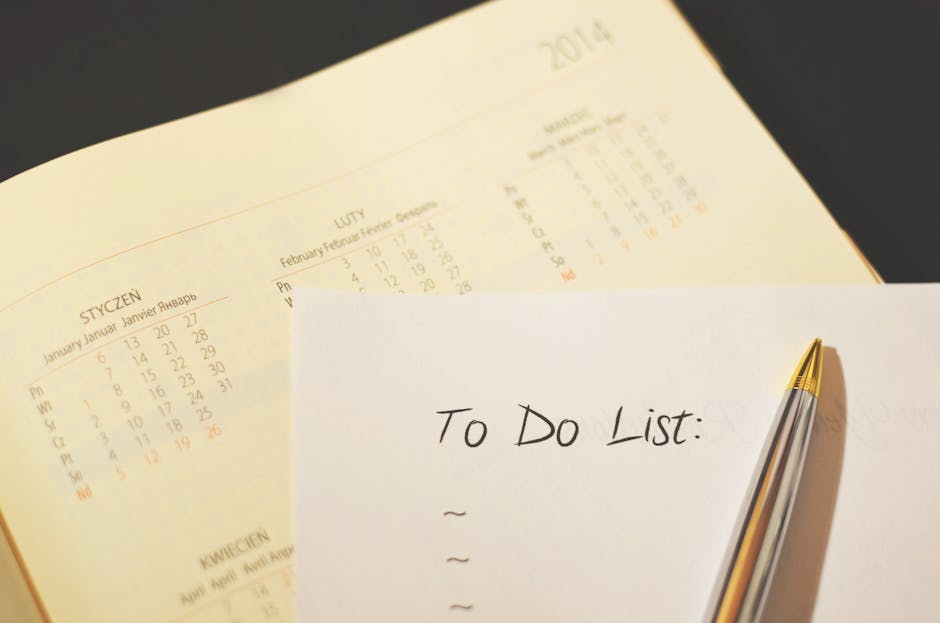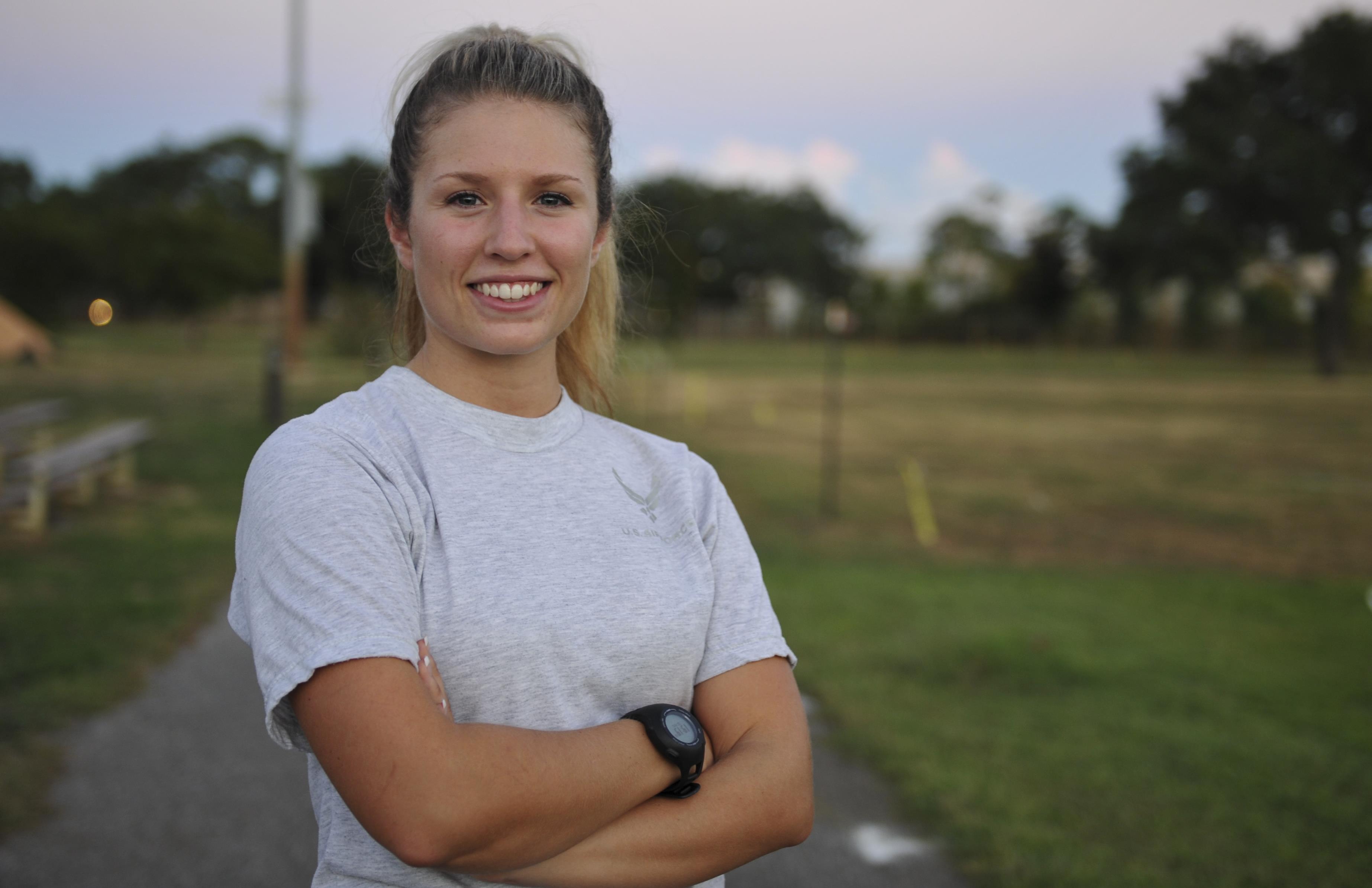That probably sounds confusing, however reasonably, people with ADHD don’t constantly have issues with attention– well, not when we’re dealing with something that thrills us. In truth, ADHD often implies that we can hyper focus on awesome things for hours on end, although sometimes that comes at the expenditure of all the less-thrilling things we’re expected to be doing. (Why wash the meals when you can build a spaceship out of a cardboard box and a disassembled vacuum?).
Some state that people with ADHD are much more likely to start their own businesses, maybe due to the fact that we’re built, born and raised to deal with imaginative and entrepreneurial difficulties. While other people don’t need to learn the very same techniques that we do, they can benefit from them. In truth, I would argue that ADHDers have some of the best guidance and practices for getting stuff done– even if we don’t constantly listen to those suggestions ourselves.

Most people with ADHD need to work 10 times more difficult to attain seemingly basic organisational and time management abilities– skills that other individuals establish naturally gradually. While medication can certainly help, it doesn’t do all the work by itself. As a result, we pay more mindful focus on life hacks, memory techniques, productivity shortcuts and other mental managerial systems … due to the fact that we need to. In this sense, we decided to provide you 21 efficiency tips from individuals with ADHD that even non-ADHDers can adopt from:
1. Habits are things you get totally free. So enter into ’em.
Although I’m not a natural individual of habit, I always start my daily rutine with medications, then a shower, then pants, then breakfast– otherwise I understand that I’m going to forget one of those actions. Routines are essentially self-automation, which indicates less mental capacity invested in the little things.
2. Always have a backup (or 2, or 3) and know where to find it.
I keep extra cable televisions, chargers, adapters, medicine, and other things in my bag at all times. That way, whether I’m going to the supermarket or on a trip, I don’t need to fret about keeping my phone charged.
3. Suggestions and alerts: enjoy them and use them.
I even have a repeating 2 p.m. notification on my phone that says “EAT SOME LUNCH DUDE” due to the fact that, erm, I require the tip more than I ‘d like to confess. (Also: there are apps that sets off to automate actions and sync in between apps and accounts, that makes life considerably easier.).
4. Keep a calendar, and schedule in the time it really takes for you to do things.
If it takes you extra time to keep a calendar or get into the headspace for a conference? Make a note for that too when you’re planning your daily rutine.
5. Take notice of your day’s ups and downs, and use them to your benefit.
Do you get sleepy right after lunch? Then perhaps don’t dive into that extreme task at 1 p.m. Are you much better when you respond to e-mails in the early morning and get active tasks done later on? Then do that. Determine what works for you, and follow that schedule. We are all different in our preferences.
6. Find your rhythm and stick with it.
Even if you’re not the slow and constant type, a routine pattern of sprint and rest can still assist you to reach the finish line. “Sometimes I’ll begin counting beats in my head to produce a rhythm,” said Hadley Klein, the TV writer/director. “It sounds insane however for whatever factor, it assists me to think through things in a different way.”.
7. Make a list. Inspect it 2 times. Then make another list. And another.
Graphic novelist Tyler Page says, “I keep one primary to-do list on my computer system in a Sticky or TextEdit file. Larger projects get their own lists where they get broken down into smaller and smaller sized elements. The lists also aid with focusing on– something that needs to be done immediately goes on the everyday order of business.”.

8. “Prioritise action over achievement. Doing the important things.”
This one comes from Patty Carnevale, head of revenue at Man Repeller. Measuring your progress in a concrete way can assist you to feel even more successful, which will then provide you with the drive to keep going.
9. Reward yourself for your achievements, no matter how small they look.
If you’re somebody who needs frequent feedback to get the essential dopamine increase, then you can fake it by sticking a carrot in front of yourself to keep you going. Alysa Auriemma, an English trainer, provides an example: “I can read that incredible online fanfic IF I get three papers graded!”.
10. Turn the dull parts into a video game.
“I utilise a fitness watch which keeps track of the number of actions I take in a day and the number of flights of stairs I climb up. It’s enjoyable to make the numbers go up,” states Nalo Hopkinson, an acclaimed author. She likewise reports her daily word count on Twitter, so that people can cheerlead her along.
11. Do not dread the boring things. Just get it done. It’s faster that method.
Focus on the satisfaction that you’re going to feel once you’ve ended up the job, instead of on the time it’ll require getting it done, which, let’s be honest, is most likely less time than you believe. (Of course, although I know this works for me, it’s still easier said than done.).
12. The more you let things accumulate, the easier it gets to overlook them.
Find a method to keep it fresh. I’m a compulsive inbox zeroer due to the fact that the longer that little red notice bubble sits there on my phone, the more inclined I am to overlook it. So I mark all my emails as “read,” then utilise an IFTTT trigger to advise me later of things that really need a follow-up or my attention.
13. If things slip your mind, visual cues can help.
You know that mantra, “Out of sight, from mind?” For people with ADHD, that’s quite literal, to a fault. So it helps to stick things right in our own faces so that we cannot miss them. “When I was in college, I taped a postcard to my house door with the times I needed to leave by to make it to early morning classes on time,” states Rebecca Eisenberg, Upworthy’s senior editor.
14. Deal with your brain, not versus it.
Do you tend to lose your keys in a certain room? Then make a brand-new house for them in that room, where you’re already inclined to leave them. That method, they’re always there. Don’t combat your instincts. Use their momentum to your benefit.
15. Embrace your tricks and find a way to make them work for you.
Everyone’s brain is different. A lot of ADHDers need to determine on our own what works for us, instead of having someone inform us what’s the “right” way to do things. For example: If someone else leaves me a list of guidelines or things to do that’s organised by their mind, it just makes me annoyed and baffled. I need to produce my own order of business in my own method, even if it does take more time.
16. Take a break. Move. Do a fast yoga exercise or a little dance.
Movement helps your brain work much better. As tempting as it is to put the emphasis on measurable actions, it’s just as crucial to not do things and provide yourself with an opportunity to breathe. In some cases, a little distance can offer you a great deal of new perspective.
I utilise a portable adjustable standing desk and a set of Bluetooth headphones so that I can basically dance in place and write at the same time. My better half thinks I’m odd, but it works.

17. Know when to accept.
It’s essential to accept when you’ve reached the point of diminishing returns. Don’t hesitate to offer your brain a rest, and come back to it fresh the next day. This’ll save you time in the long run too– due to the fact that the more you power through your fatigue, the longer it’ll take to recover.
18. Identify your defects and strengths, and communicate them to others.
“My coworkers understand that in exchange for tolerating all the important things I do that make me less trustworthy, they get a person who can think outside the package, that can produce on the fly, that can use lots of hats at once,” says Upworthy’s courageous editor-at-large, Adam Mordecai.
“They likewise understand that if they desire something from me, I’m far likelier to obtain it done if they ping me immediately on chat instead of on email. Let your friends, relatives and coworkers understand the best ways to get the most out of you.”.
19. Keep your eye on the prize, however, forgive yourself, and others.
Everybody’s battling their own uphill struggles, and you’re not getting anything done if you’re too busy beating yourself up. (You’re not going to help anybody else be more productive if you externalize it and pick on them either.).
20. Set your goals, but remain versatile.
Possibly you didn’t get as much done today as you had hoped, however, that’s OKAY. Regroup, develop a new technique, and attempt to figure out what failed so you can do it much better next time. Which brings me to the last, and maybe most important, lesson:.
All this has brought me to the last, and maybe the most important tip:
21. “Try once again. Fail again. Fail much better.”.
This is, in fact, a quote from Samuel Beckett, but it also makes for an exceptional efficiency mantra. The bad parts and failures are inescapable, and you’ll never conquer them all. But that’s OKAY. Accept it, learn from it, and keep going anyhow.
You do have a brain. So utilise it. ADHDers understand one thing much better than many people: Success is not a fixed target, that is why there’s no “one strange technique” that will, in fact, bring you any closer to success.
Rather, the very best we can expect is to accept ourselves for all our strengths and weak points and keep finding things to pursue. Possibly that’s a new service undertaking, 15 synchronised pastimes, or just remembering to put your underwear on before your trousers.


